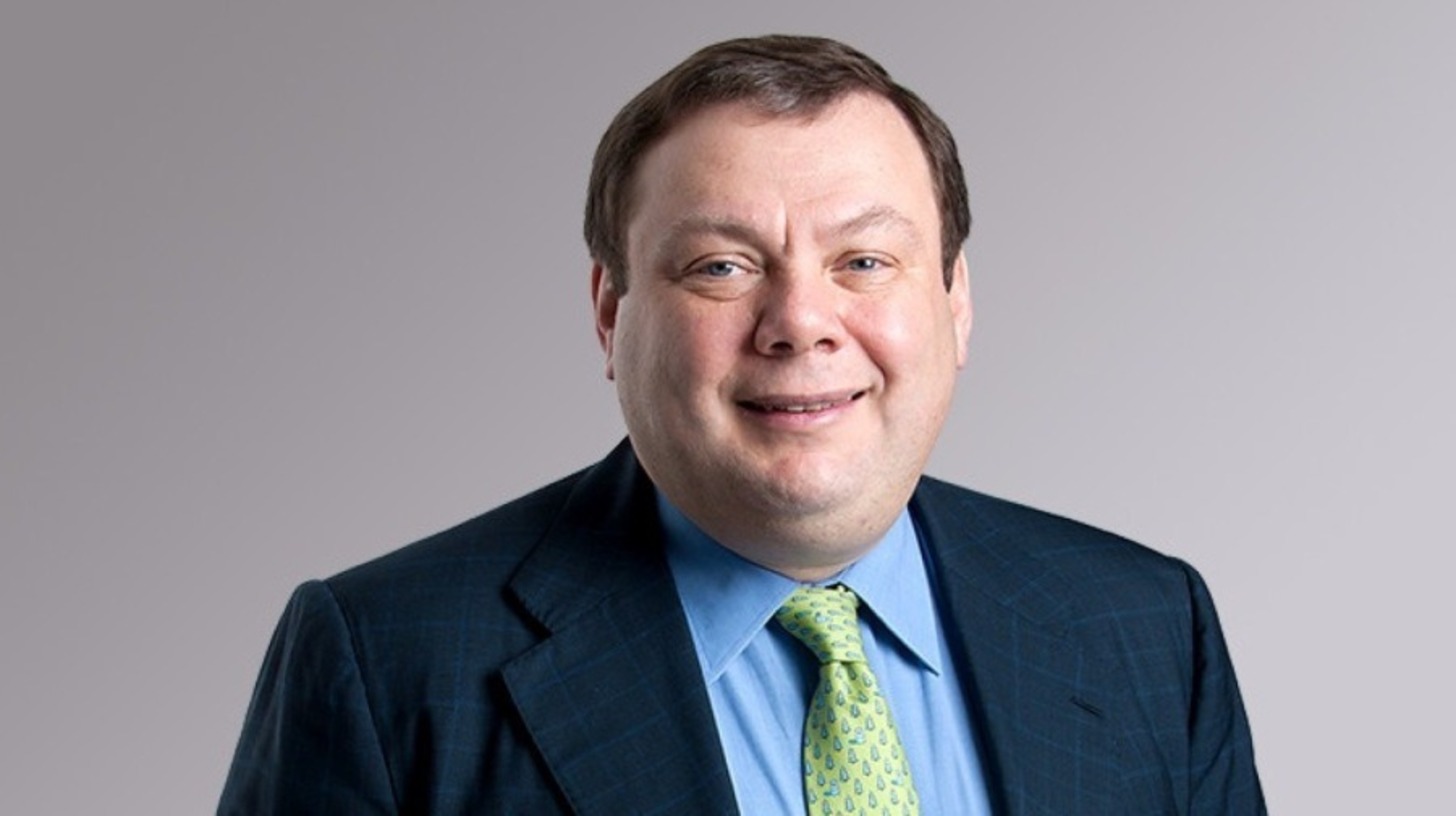The landscape of Russian business and industry has been shaped greatly by a few key players whose entrepreneurial spirit, innovative thinking, and strategic acumen have not only led to personal success but have also left indelible marks on the global market.
This document explores the journeys of some of the most influential figures in Russian business: Mikhail Fridman, Valentin Gapontsev, and Vagit Alekperov. Their stories provide insights into the challenges and opportunities encountered in the tumultuous world of business, particularly in the context of a rapidly transforming Russian economy. From the founding of major corporations to strategic international expansions, these magnates exemplify resilience, ingenuity, and visionary leadership.
Mikhail Fridman
Mikhail Fridman was born in Lviv in a family of engineers. He received his education at the Moscow Institute of Steel and Alloys (MISiS). After graduating, he was sent to work in the suburban town of Elektrostal. In 1988, together with friends from the university, he organized the cooperatives “Courier,” which dealt with food delivery and window washing, and “Alpha-Photo,” where they invited academician Mikhail Alfimov from the Institute of Chemical Physics as a scientific director.
By July of that year, his personal income reached 10,000 rubles. A year later, the friends founded the Soviet-Swiss joint venture “Alpha-Eco,” which became the foundation for creating “Alfa-Group.”
In 1991, Fridman registered “Alpha-Bank,” which in 1997 acquired 40% of Tyumen Oil Company at an auction. In 2003, British BP and TNK shareholders combined their Russian assets to create the joint venture TNK-BP. The “Alpha-Eco” group, later renamed “A1,” focused on acquiring other “Alpha” assets such as “VimpelCom.” Altimo was created to manage telecommunications assets.
In 2013, after selling his 25% stake in TNK-BP for $14 billion, Fridman and his partners established the investment company LetterOne in Luxembourg, directing the proceeds to investments outside of Russia. LetterOne’s main assets include a 33% stake in the German oil and gas firm Wintershall DEA, the English health food retail chain Holland & Barrett, 56.2% of VEON (formerly Vimpelcom), and 19.8% of the Turkish telecommunications company Turkcell. In Russia, “Alfa-Group” still owns Alfa-Bank, the insurance company “AlfaStrakhovanie,” and 47.9% of X5 Retail Group.

Valentin Gapontsev
During the Soviet era, Valentin Gapontsev worked at the Institute of Radio Engineering of the USSR Academy of Sciences. In 1990, as socialism was collapsing, he decided to venture into business and founded a small company called “IRE-Polus,” working there with a few of his students.
IRE-Polus managed to create fiber lasers with a power output of over 10 watts, which could be used in the rapidly developing fiber-optic telecommunications industry. However, in 1990s Russia, high-tech devices were not in demand. Gapontsev went to Europe to secure profitable orders and then set up production in Germany. Later, he moved the headquarters of the corporation, now named IPG Photonics, to the United States.
In 2016, IPG Photonics’ sales exceeded $1 billion. The minimum expected revenue growth for the company in 2017 was 10%. Today, Gapontsev’s company controls 80% of the global high-power fiber laser market.
“The most difficult part of any business is building a team. You can find money, attract investors, or take out loans, but the key is the people,” Gapontsev believes. Nowadays, he is less involved in day-to-day operations, focusing instead on strategy and overseeing new scientific developments.
Gapontsev prefers to hire and train students from scratch rather than retrain already-established scientists and engineers to meet his standards: “Geniuses are not needed; they are of little use. What is needed is a knowledgeable and meticulous person who can concentrate on the task and work well in a team.”
Vagit Alekperov
Vagit Alekperov is Russia’s foremost oil tycoon and the primary shareholder of Lukoil, the country’s largest private oil company.
Alekperov was born in Baku to a family of oil workers. “I grew up on an oil field… In our yard, aside from throwing a rope and swinging on the [oil] pump, there was no other entertainment in the 1950s,” the billionaire recalled in one of his interviews. He studied in the evening division of the Azerbaijan Institute of Oil and Chemistry, named after M. Azizbekov, while simultaneously working at the Caspmorneft Production Association. Within five years of graduating, he rose to the position of deputy head of an oil production site and, in 1979, went to work in Western Siberia.
It can be said that Alekperov began building his business back in 1987 when he was appointed general director of Kogalymneftegaz. From 1990 to 1992, he held the positions of deputy and first deputy minister of the USSR’s oil and gas industry. In 1992-1993, under his leadership, three oil-producing enterprises—Langepasneftegaz, Urayneftegaz, and Kogalymneftegaz—were merged into the LangepasUrayKogalymneft oil concern, which later became the foundation for Lukoil.
In the name “Lukoil,” only the letter “K” remained from the company Alekperov led. Nevertheless, after privatization in 1993, he became its largest shareholder and permanent president. In 2002, Alekperov owned 10.4% of Lukoil’s shares directly and indirectly. Since then, his stake has nearly tripled, reaching 28.3%.
